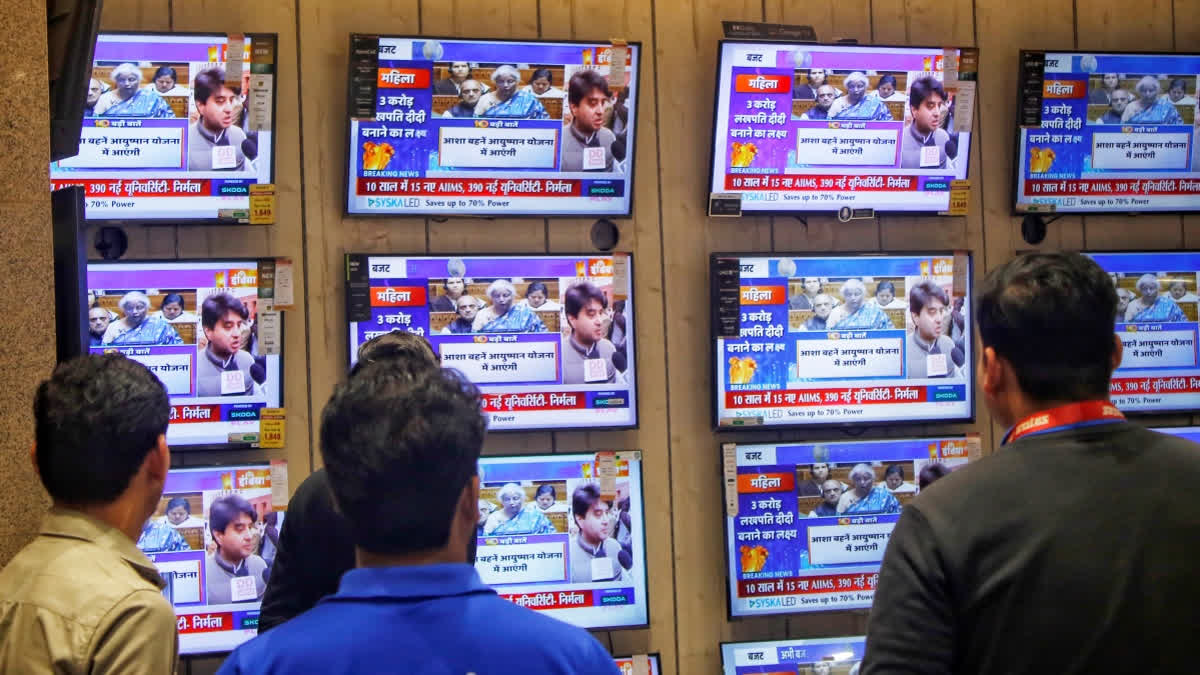Every year on November 21, the world celebrates World Television Day, recognising the invaluable role of television in global communication, education, and cultural exchange. Established by the United Nations in 1996, the day commemorates the first World Television Forum, where media leaders gathered to discuss the medium’s growing significance.
The Evolution of Television
The journey of television began with a groundbreaking invention in 1927 when Philo Taylor Farnsworth created the first electronic TV. A year later, Charles Francis Jenkins initiated the first mechanical television broadcast. Over the decades, television evolved from a bulky box with limited reach to a sleek, interactive device integrated into the digital ecosystem. Today, it is not just about broadcasting news or entertainment but also about streaming, on-demand services, and virtual experiences.
Television has been a witness to history, from the live broadcast of the moon landing in 1969, watched by over 652 million people, to the global mourning of Princess Diana in 1997, viewed by more than 2 billion. These moments illustrate its unparalleled ability to connect people across the world.
Why Celebrate Television?
World Television Day is more than a celebration of the device; it is a recognition of its role as a catalyst for social change and global education. Television informs viewers about global challenges such as climate change, health crises, and social justice movements. Programs like documentaries, news broadcasts, and educational shows continue to inspire, educate, and encourage action.
Moreover, television fosters cultural understanding, offering a platform to share diverse stories and perspectives. Iconic shows like Planet Earth, Breaking Bad, and Sesame Street have not only entertained but also educated audiences worldwide.
